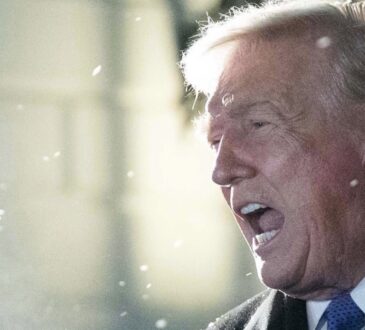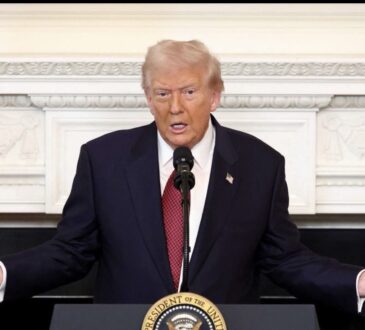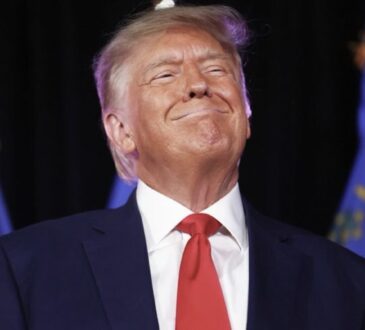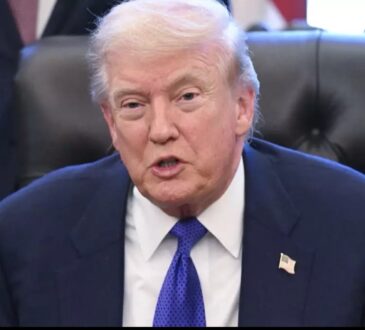Donald Trump leaves people baffled after making bizarre Russia comment that hasn’t been true for 34 years
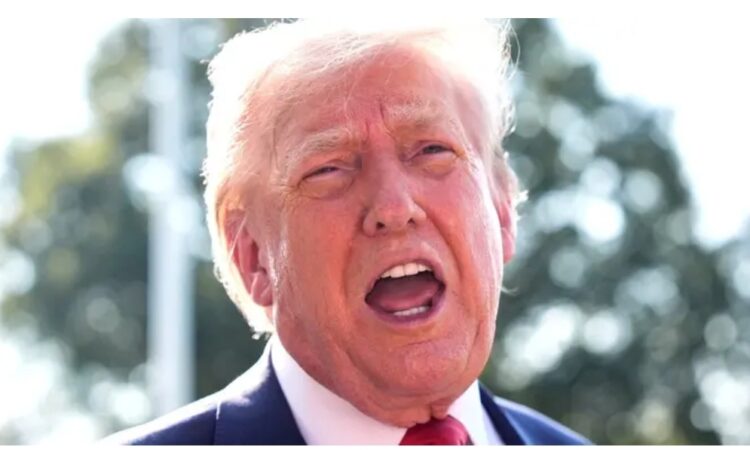
Donald Trump is preparing for a high-profile meeting with Russian President Vladimir Putin this Friday, August 15. The meeting will take place at a U.S. military base in Alaska, and the main topic is expected to be Russia’s war in Ukraine. Trump has recently warned Russia that it could face extremely tough sanctions if it doesn’t work toward ending the conflict, so this discussion could be significant.
In the days leading up to the meeting, Trump has been making comments about Russia that have left people puzzled. Earlier this week, he suggested Russia could retaliate against the United States with a huge cyberattack, which caught many people off guard. Then, just a few days later, he made another strange remark—this time bringing up “Leningrad,” a name for a Russian city that hasn’t been used for more than three decades.
On August 12, Trump posted on his social media platform Truth Social:
“If I got Moscow and Leningrad free, as part of the deal with Russia, the Fake News would say that I made a bad deal!”
The problem with that statement is that “Leningrad” hasn’t been the city’s name since 1991. After the fall of the Soviet Union, residents voted to restore its original name, St. Petersburg. Before that, it was also known as Petrograd, and it has a long and important history. St. Petersburg was founded in 1703 by Tsar Peter the Great, became the capital of the Russian Empire for more than 200 years, and is considered one of the most culturally and historically important cities in Russia.
Many people quickly noticed the outdated reference and started pointing it out online. Some even recalled that Trump himself had visited Moscow and Leningrad back in the 1980s when he was exploring the possibility of building a Trump Hotel in Russia. One person commented, “Trump mentioning Leningrad is wild, considering the city hasn’t existed since 1991.”
Trump’s mention of Leningrad came as part of a larger complaint about how the media has been covering his upcoming meeting with Putin. He accused reporters of being unfair and dishonest, especially those quoting people like John Bolton, his former national security adviser. Bolton had said that even though the meeting would be on American soil, Putin had already “won” by simply getting the meeting. Trump dismissed that claim and insisted he is “winning on everything.”
The timing of the comment added to a series of recent slips. Not long before, Trump told supporters he was flying to Russia for the meeting, which wasn’t true. The White House had to step in to correct him, saying the meeting would be in Alaska. Press Secretary Karoline Leavitt tried to smooth things over by saying, “Perhaps there are plans in the future to travel to Russia,” but she confirmed the meeting with Putin will definitely be in Alaska.
Trump’s use of “Leningrad” has sparked debates over whether it was just a casual slip, a sign that he sometimes still thinks in Cold War terms, or simply a rhetorical flourish meant to sound strong. Whatever the reason, it has added another layer of controversy and confusion just days before his meeting with Putin—a meeting that is already drawing global attention because of the tense relationship between the U.S. and Russia.

